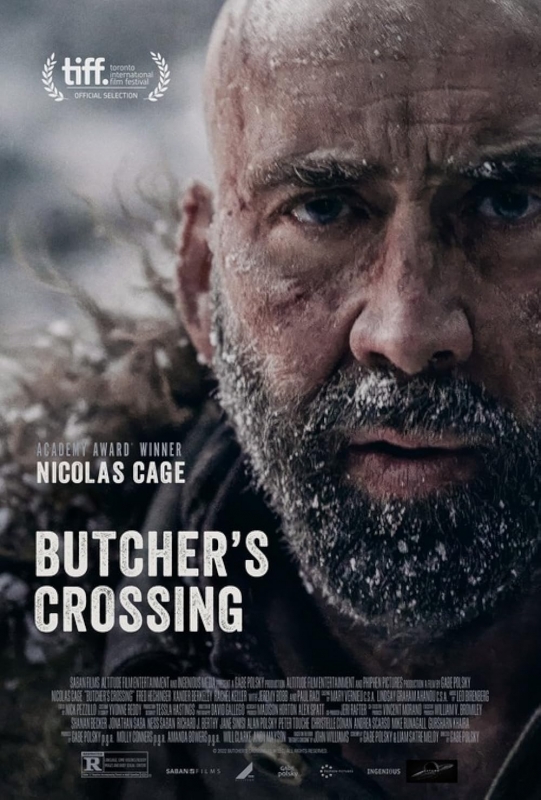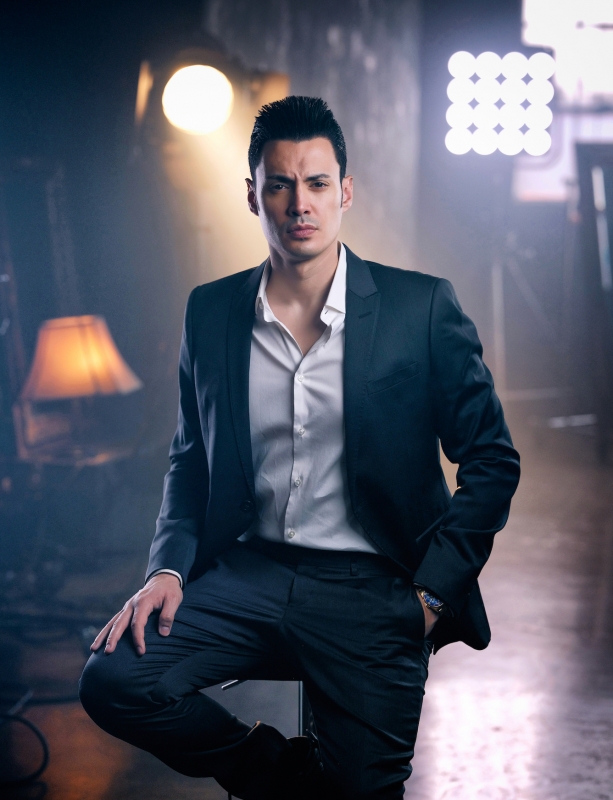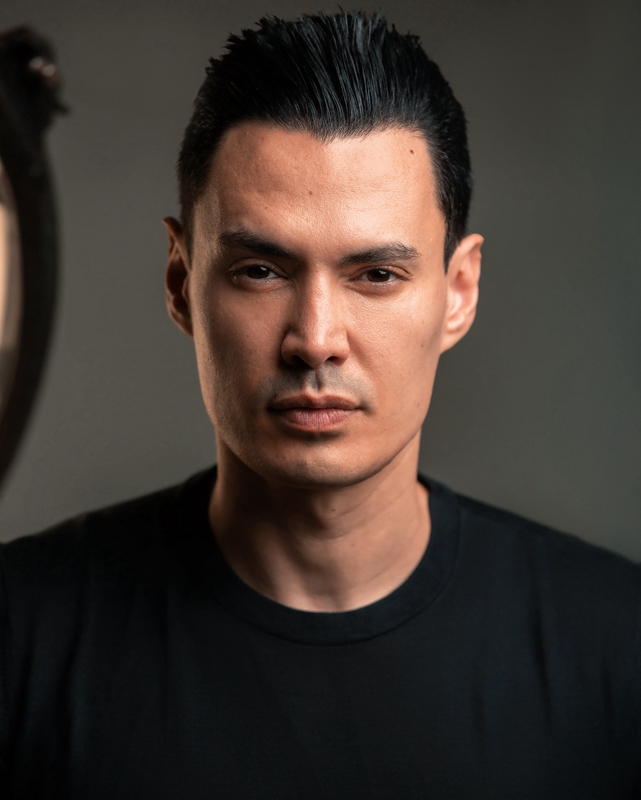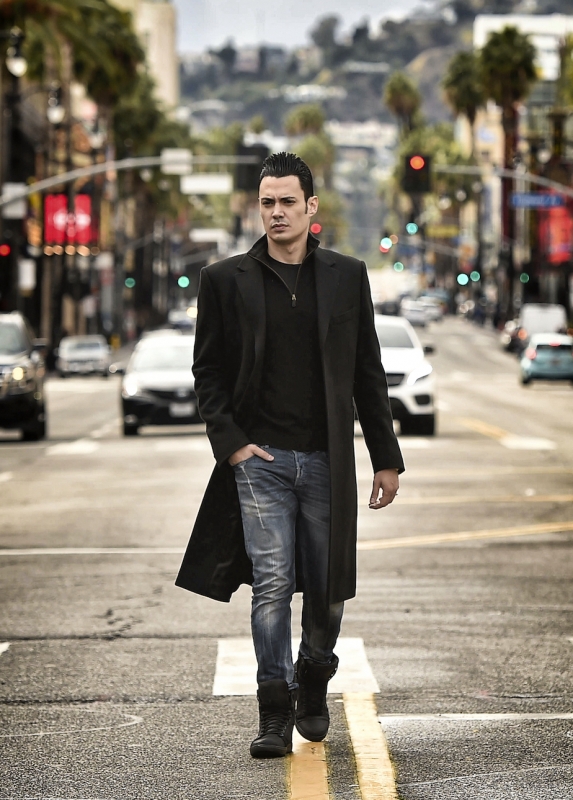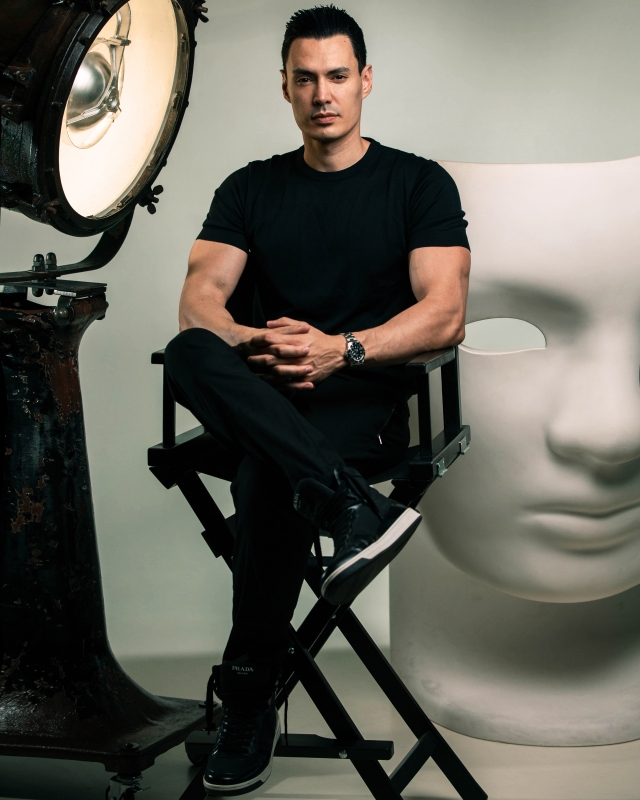|
|
||
|
Pro Tools
FILMFESTIVALS | 24/7 world wide coverageWelcome ! Enjoy the best of both worlds: Film & Festival News, exploring the best of the film festivals community. Launched in 1995, relentlessly connecting films to festivals, documenting and promoting festivals worldwide. We are sorry for this ongoing disruption. We are working on it. Please Do Not Publish until this message disappears. For collaboration, editorial contributions, or publicity, please send us an email here. User login |
Cannes Market Dailies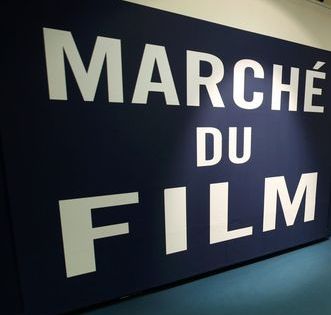 14-22 MAY 2024
Cannes Festival News and Dailies I Cannes Market Dailies Les Dailies du Festival I Les News du Marché
2023 Coverage 2022 FESTIVAL / MARKET ARCHIVES: Video gallery I Image gallery I Conference Future of Cinema in Cannes I PROMOTE YOUR FILM I VIDEO SERVICES IN CANNES Filmfestivals.com has become the number 1 online media on cannes with 1300 articles published for the 3 past editions. 10 newsletters reaching close to 2 M film professionals...
 Interview With Director Cameo Wood for 'Real Artists' (2017)
I recently interviewed Cameo about her experience making her first narrative film. Here is what she had to say:
Your short film is called 'Real Artists'. Can you tell us a bit about it? CAMEO: It's a story about a young woman interviewing for her dream job at a place similar to Pixar. In the course of the interview, she finds out that the films she loves and adores are no longer made by people writing scripts and animating but it's all made by an Artificial Intelligence (AI). There is a further twist to that and it touches on themes of memory erasure and what it means to be a real artist. It's based on a short story by Ken Liu. It's interesting because when I optioned the story in 2012, he had just published one of his very first short stories in the MIT Alumni magazine, which is where I first read him. Since then, he's now been tasked with writing the new Hans Solo novel, he has won every single major Sci-Fi award, he is a NY Times best selling translator of a novel that was Barak Obama's favorite book last year. He has really come up in the world. Because I have a background in medical neuro-science and AI, which are both themes in the story, I felt uniquely situated to understand the deeply scientific ideas and the long term future ramifications of having a lot of our major art being determined by an AI.
There are so many films about AI. Do you think this is a positive or negative thing that we are getting more and more dependent on AI? CAMEO: The movie certainly has a darker view. But for myself, when we talk about AI socially and sometimes in the news, we definitely paint it with a dystopic brush and we sort of think of it as something negative. I think that when we're talking about when we use our favorite maps program to get somewhere or when we use something like Spotify to choose a music selection we like, we don't think of that as dystopic AI. Now that we're talking about cars that can help us find the best route or even financial systems, a lot of those are run by AI doing billions of micro-transactions per second but none of us are protesting in the streets about that. If you have Siri or any voice recognition technology, you're already using AI. So, I think that AI is very integrated into our lives. There's a saying that once we've achieved AI in something, it's no longer AI, it's just the thing you have in your pocket. I think it's like any other technology that becomes so integrated into our lives that it becomes invisible to us.
Your film is kind of about the entertainment industry too. What do you think about movies about the industry? Can audiences relate to that? CAMEO: This woman is interviewing for a job at an animation studio but I think she could have been as easily interviewing as a fashion designer or any kind of art that has a potential impact by AI. So it doesn't really go through the whole artistic analysis of the movie industry in an insider way. She's a college student interviewing for her dream job, so it doesn't really matter what her job is. The fact that Pixar is such an idealized potential job for so many people is why it's situated there.
The film being about AI, was it expensive to make? CAMEO: It actually wasn't. We spent about $20,000 total. We raised most of it on the crowd funding site Seed&Spark who were incredibly supportive. We shot the whole thing in 3 days using 35mm film, Kodak gave us some film and Panavision gave us a camera. Almost everyone worked at a pretty low rate and most of our VFX were free. It's comparable to most other films of that quality.
How did you find the lead? CAMEO: We started casting the movie about two years ago. The very first person we contacted was Tamlyn Tomita. One of my early on producers had been working at the Austin Asian American Film Festival and had met Tamlyn while she was there for Greg Pak's 'Robot Stories' (2003). I always knew I wanted our characters to be Asian and African American. It was very difficult for me to find an African American actress with on-screen experience. We looked at 150 women and none of them would audition for us ever. None of them! They basically all said that they needed a cash offer in escrow before they'd even talk to us. My understanding is that with African American actresses, once they have been in TV or on film, everyone wants to cast them but if they haven't, then no one wants to cast them. So there's this terrible dichotomy between zero experience and a small bit of experience. But with Tiffany Hines is that I had seen her on an episode of 'Bones' some years ago and I couldn't take my eyes off her. Now she's been in 'Nikita', '24: Legacy' and she's just breathtaking. She's a huge 'Game of Thrones' fan and we bonded over that - so she signed on right away.
This is this your first narrative film, correct? CAMEO: I did a six minute documentary in northern Mongolia a few years ago that I shot on my iPhone by myself, something I learned not to do again. It was terrible and you'll never see it. But that's how you learn. You do something terrible and you fail, fail again, fail better. So, yes, this is my first narrative and I consider this my first film.
Do you plan to segue into features? CAMEO: Yes! One of the things I did with this film is that I kind of went overboard in some ways using all the big toys. We shot on 35mm, I went to FotoKem for the developing, we did Dolby printmaster at Skywalker. We did a lot of behind the scenes stuff documentation too, and I learned a lot about how to set up a film to maximize resources. While this film is sort of expensive in that I could have done it much more cheaply, I looked at this as my film school. It was well worth the money. And again, Seed&Spark was amazing. They helped us to raise a lot of money and gave us a $10,000equipment and services grant, which helped a lot too. I have a couple feature scripts I am pitching, and I have a TV show I'm working on which I think is more timely and the characters are much more dynamic. I'm excited to start working on the next thing!
Did you have any difficulties during the shoot? CAMEO: Yeah, we had two things happen. A male producer we had onboard had no interest in hiring any women, and he was causing other problems so I had to fire him. Then we couldn't find any 35mm female or PoC camera operators in the Bay Area. It was impossible. I luckily found female DOP Kimberly Culotta early in the process. She is very hard working and experienced. She shot five films last year! She managed to get a great all-lady camera crew out of LA and they camped out in the parking lot at the museum where we shot the film. It was only after production was complete that she told me the camera had broken and the camera crew had been on the phone with Panavision fixing the timing of the camera which had gone wrong. But of course it turns out that we didn't even lose a shot. They were all such professionals and I'm so glad they didn't tell me about the problems until after the shooting or I would have lost it.
Congrats about being in Cannes. Do you want to say something about that? CAMEO: Yeah, this was my first Cannes. I've been going to Sundance forever and it has been exciting to see opportunities for tertiary markets, foreign markets for the film, etc. In the US, there's not a lot of places you can take a short film in the commercial venue. But at Cannes, I got much more interest from public TV. Cannes is a beautiful place and it was super exciting. There's so much thoughtfulness, especially with things like Netflix, Amazon and Hulu being there. There's some contention, admiration and a lot of emotion going on around. You're in the middle of the conversation there so that's an exciting thing to be a part of and feel that energy. Again, in American festivals we don't get a good sense of the European market but Cannes is at the heart of it so it was thrilling to be there.
Director Cameo Wood and Director of Photography Kimberly Culotta on the set of REAL ARTISTS View trailer here: https://www.realartists.film/trailer Film Website: http://realartists.film
Interview by Vanessa McMahon
07.07.2017 | Cannes Market Dailies's blog Cat. : Interview With Director Cameo Wood for 'Real Artists' (2017) Interviews
|
LinksThe Bulletin Board > The Bulletin Board Blog Following News Interview with EFM (Berlin) Director
Interview with IFTA Chairman (AFM)
Interview with Cannes Marche du Film Director
Filmfestivals.com dailies live coverage from > Live from India
Useful links for the indies: > Big files transfer
+ SUBSCRIBE to the weekly Newsletter DealsUser imagesAbout Cannes Market DailiesThe EditorUser contributions |




















